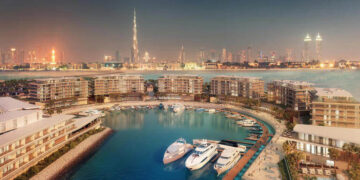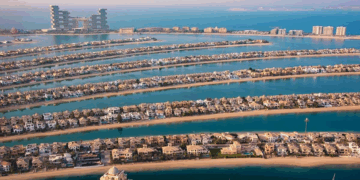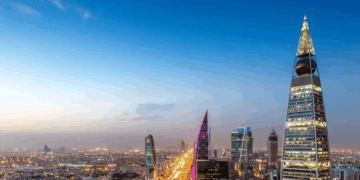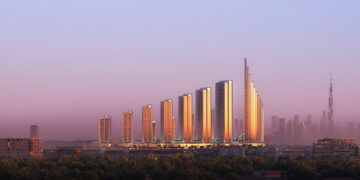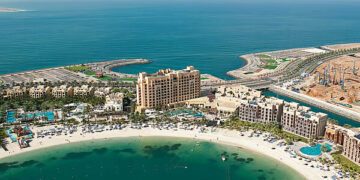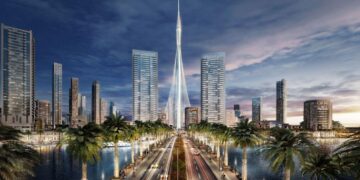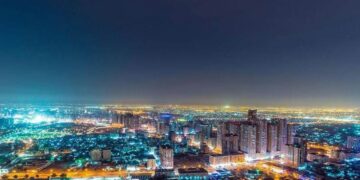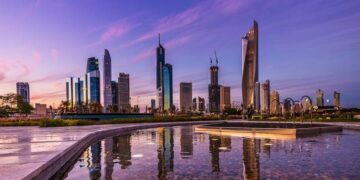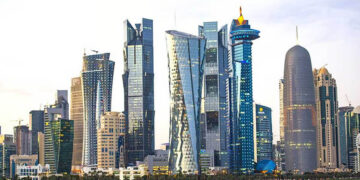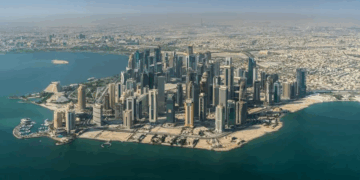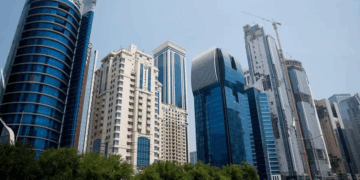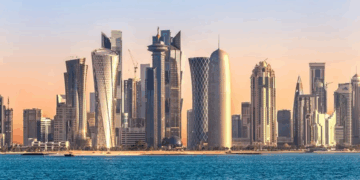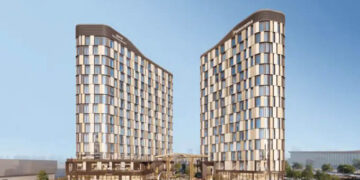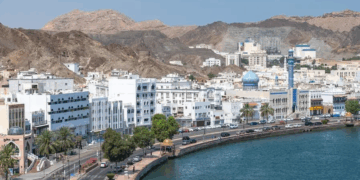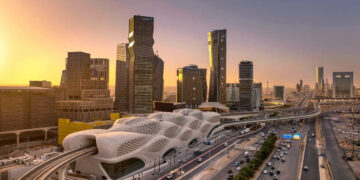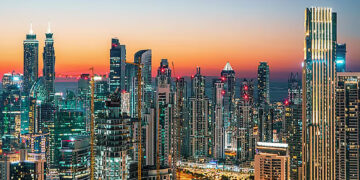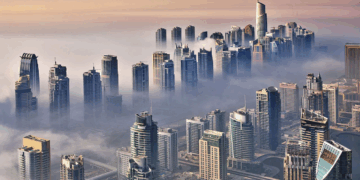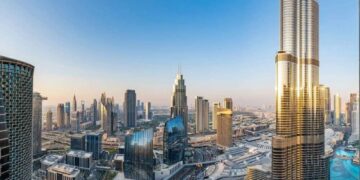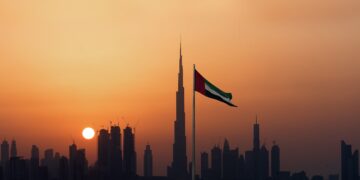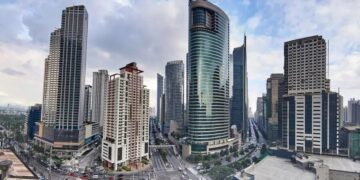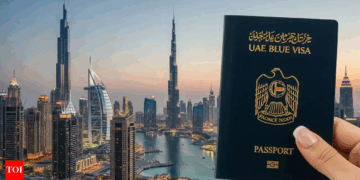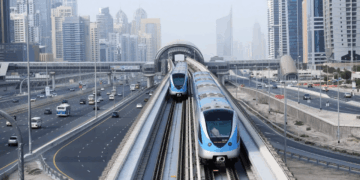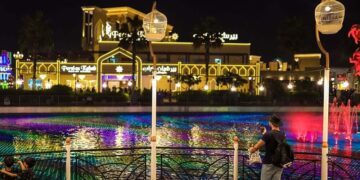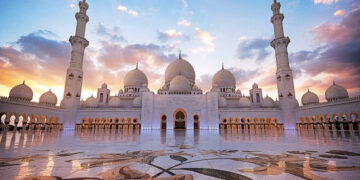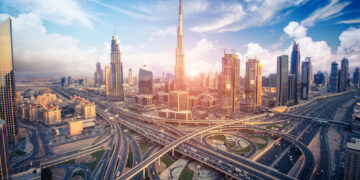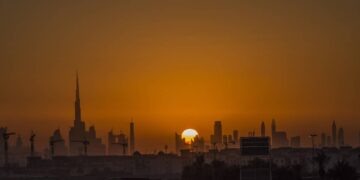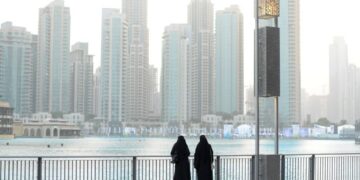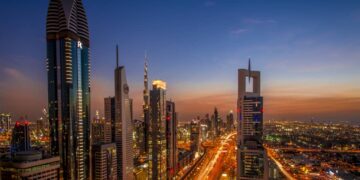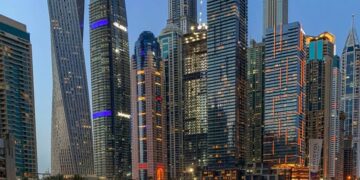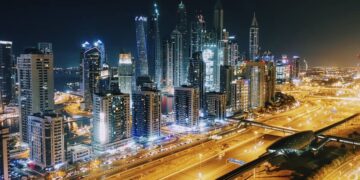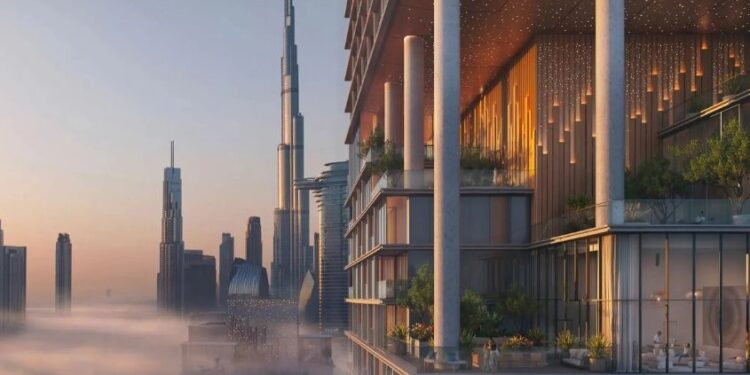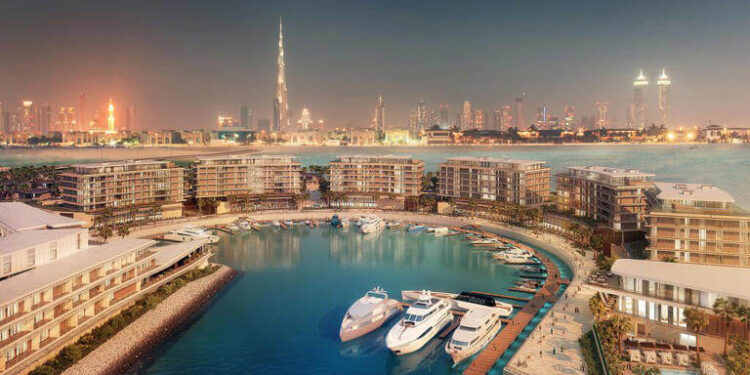The latest statistics show that the emirate of Dubai continues to attract office seekers, professionals and investors from around the world, recording its highest population growth since 2018 last year.
Analysts noted that the large influx of new residents will boost demand for housing, transport, public services, healthcare and education. They also expect consumption to “increase significantly” beyond 2025.
According to the Dubai Statistics Centre, the emirate’s population is expected to grow by more than 169,000 in 2024, reaching 3.825 million at the end of last year
The city’s population has been growing steadily for many years and is expected to grow by more than 104,000 in 2023, 71,500 in 2022 and 67,000 in 2021. Statistics show that the population of the region’s economic capital grew by more than 162,000 in 2019 and by more than 215,000 in 2018.
Dubai continued to attract people even in the COVID-19 year, gaining around 54,700 new residents in 2020. Experts said one of the main factors that increased the emirate’s appeal during the pandemic was its successful response to the crisis.
Dubai’s significant population growth shows that people are confident in the city, its economy and its future, said Atiq Munshi, managing partner at FinExpertisa UAE.
During the day, Dubai’s population will increase by another million people as residents of other emirates flock to Dubai for business and conferences. Most of them come from the neighboring cities of Sharjah, Abu Dhabi and Ajman.
Which sectors will benefit in 2025?
Experts say population growth will drive demand for consumer goods, housing and public services from 2025 onwards, playing a key role in economic growth and the expansion of key sectors.
“Dubai and the rest of the emirates will definitely benefit through higher consumption and a better economy. With the overall increase in population now UAE has a much larger local market and consumption is bound to increase, this in turn helps companies to increase sales either directly or indirectly,” said Munshi.
While population growth brings many benefits, it also puts strain on infrastructure, with traffic congestion becoming a regular occurrence in major cities around the world.
“Dubai is extremely proactive in improving infrastructure needs; hence, one can expect a horizontal expansion of the emirates,” added Munshi.
Akbar Naqvi, managing partner at Zasaad Holdings, said all government services would see big benefits, especially those that require fees.
“In the private sector, anything related to housing, transportation, utilities, healthcare, education, etc, will see an obvious benefit,” he said.
Naqvi says infrastructure is under huge strain, but with continued government investment it will not collapse under the pressure.














